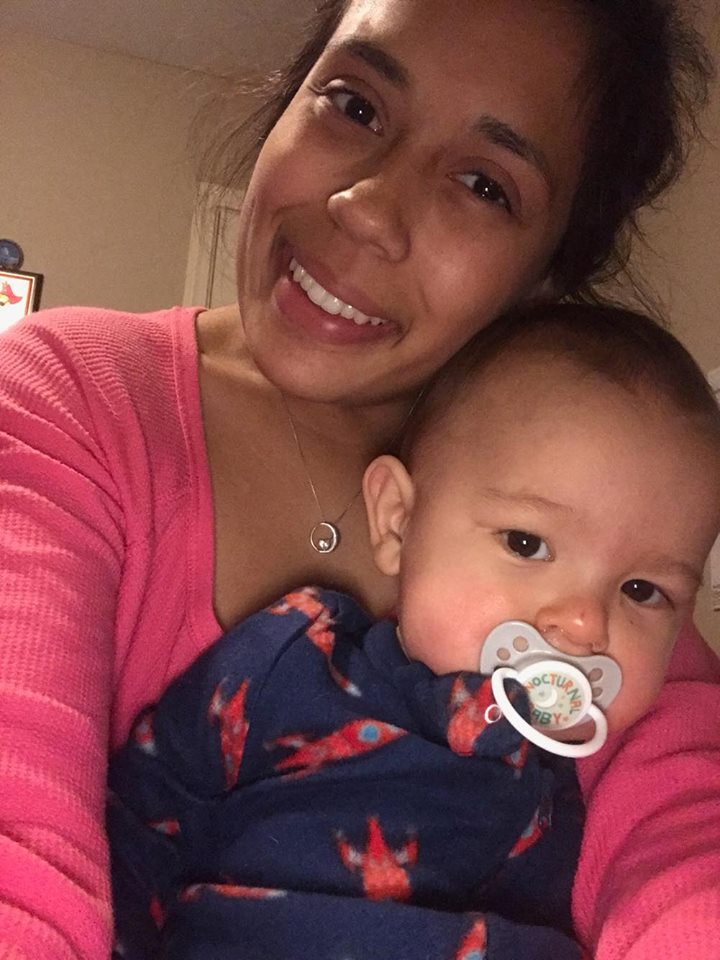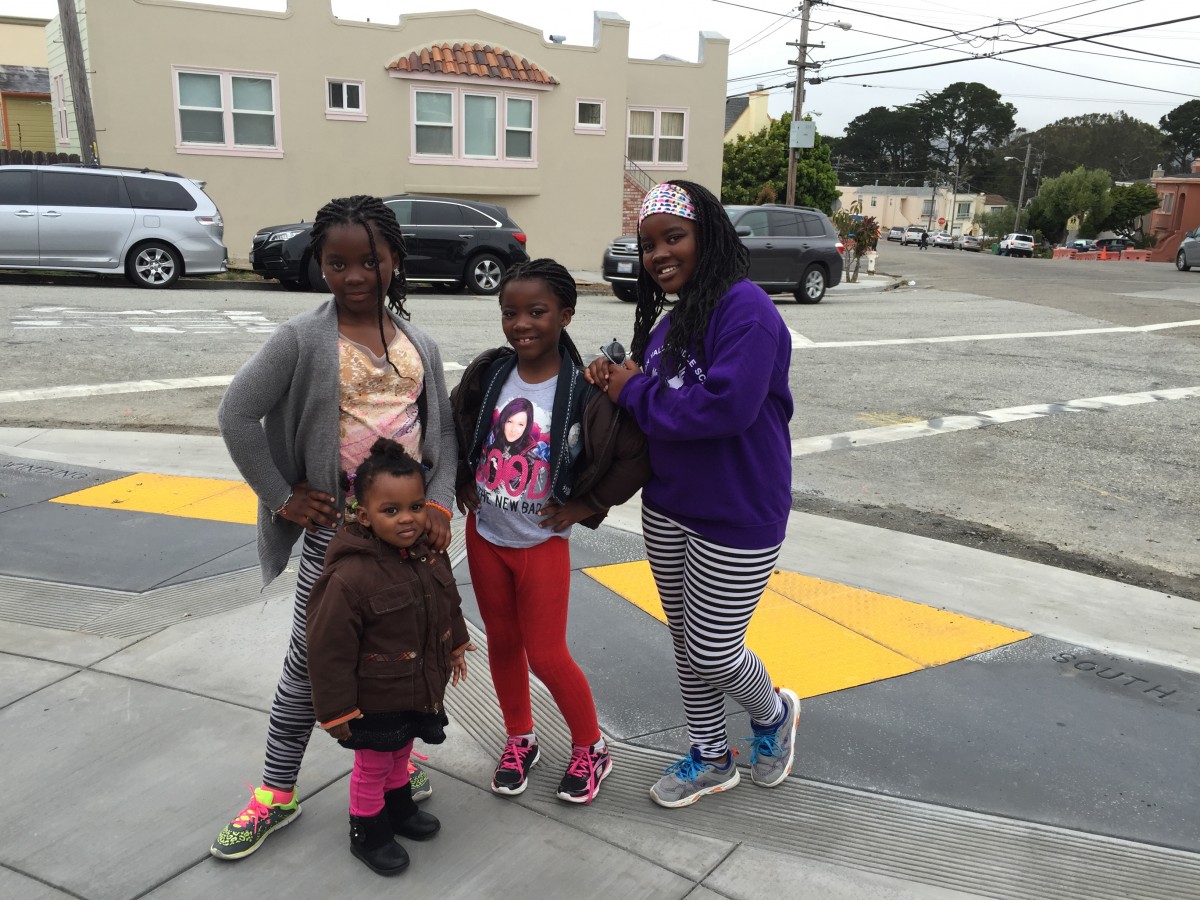FOR IMMEDIATE RELEASE
MEDIA CONTACT:
Tracy Tierney, Futures Without Violence
ttierney@futureswithoutviolence.org
415.678.5619
Futures Without Violence Leads Cooperative Effort to Address Domestic Violence and Child Maltreatment
The five-year project aims to improve outcomes for children and families that experience domestic violence and are involved in the child welfare system
SAN FRANCISCO (March 16, 2017) – Futures Without Violence (FUTURES) announced today that it is leading a five-year effort to research, analyze, and identify best practices for improving how child welfare agencies, domestic violence programs and other partners work collaboratively to improve outcomes for families experiencing domestic violence. The collaborative project—the National Quality Improvement Center on Child Welfare Involved Children and Families Experiencing Domestic Violence (QIC-CW/DV)—is funded by a grant from the Children’s Bureau of the U.S. Department of Health and Human Services.
FUTURES will lead the cooperative alongside a group of partners: The Center for the Study of Social Policy, the National Council of Juvenile and Family Court Judges, the University of Kansas School of Social Welfare, and the Center for Health & Safety Culture at Montana State University. A National Advisory Committee (NAC) comprised of experts in child welfare and domestic violence research, practice, and policy along with judicial leaders and those experienced in tribal law and practice, racial equity, and early childhood will provide strategic guidance at key points as the QIC-CW/DV is implemented.
“Our ultimate goal is to improve the safety, permanency and well-being of children and their parents who are also experiencing violence.” said Lonna Davis, Director of the Children & Youth Program at FUTURES. “Thanks to our strong coalition of partners, we feel confident the QIC-CW/DV will be smart and strategic, and engage the multiple stakeholders needed to effectively serve families who experience domestic violence.”
Over the next five years, the QIC-CW/DV cooperative will gather, develop, test, and disseminate data on interventions that:
- Improve the safety, permanency and well-being of families that are experiencing domestic violence and are involved in the child welfare system
- Promote and strengthen collaboration among stakeholders such as child welfare staff, domestic violence advocates, batterer intervention service providers, court professionals, mental health and substance abuse providers, early childhood staff, and law enforcement personnel
- Enhance identification and assessment of domestic violence, risk assessment, and decision-making processes within child welfare systems
- Identify opportunities and challenges within child welfare systems to enhance capacity in order to sustain changes in practice and policy.
About Futures Without Violence
Futures Without Violence is a health and social justice nonprofit leading groundbreaking educational programs, policies, and campaigns that empower individuals and organizations working to end violence against women and children around the world. Providing leadership from offices in San Francisco, Washington, D.C., and Boston, FUTURES has trained thousands of professionals and advocates—such as doctors, nurses, judges, athletic coaches, and other community influences—on improving responses to violence and abuse. The organization was a driving force behind the passage of the Family Violence Prevention and Services Act in 1984 and the Violence Against Women Act of 1994—the nation’s first two comprehensive federal responses to the violence that plagues families and communities.
QIC-CW/DV National Advisory Committee Members
Christine Calpin, Managing Director, Public Policy, Casey Family Programs
Jacquelyn Campbell, Ph.D, RN, FAAN, Anna D. Wolf Chair, Professor, Johns Hopkins School of Nursing
Julie Collins, VP Practice Excellence, Child Welfare League of America
Karma Cottman, Executive Director, National Center on Violence Against Women in the Black Community
Diane DePanfilis, MSW, Ph.D. Professor, Silberman School of Social Work at Hunter College
Anita Fineday, J.D., Managing Director of Indian Child Welfare Program, Casey Family Programs
Megan Holmes, MSW, Ph.D, Assistant Professor, Case Western Reserve University
Esther Jacobo, Chief Assistant for Operations, Miami-Dade State Attorney
Alicia Lieberman, Ph.D, Director, Child Trauma Research Program, University of California, San Francisco
The Honorable Katherine Lucero, Supervising Judge, Juvenile Justice Courthouse, San Jose, CA
Fernando Mederos, Practitioner, Researcher & Consultant
Allison Metz, Ph.D, Director, National Implementation Research Network
Jessica Nunan, MSW, Executive Director, Caminar Latino, Inc.
Joan Pennell, Ph.D, Director, Center for Family and Community Engagement, NC State University
Joy Ricardo, J.D., Managing Attorney, East Bay Children’s Law Offices
Kristen Selleck, MSW, Independent Consultant on Domestic Violence and Child Abuse
Chris Sullivan, Ph.D, Professor, Michigan State University
Annette Wisk Jacobi, J.D. Director, Family Support & Prevention Service Oklahoma Public Health
Isa Woldeguiorguis, Executive Director, The Center for Hope and Healing, Inc.
Joyce Yedlosky, Team Coordinator, West Virginia Coalition Against Domestic Violence
Terri Yellowhammer, J.D., Indian Child Welfare Center and Appellate Justice for the Mashpee Wampanoag


 Panelists also included Kathleen Kuehnast, Senior Gender Advisor and Candace Rondeaux, Senior Program Officer at the
Panelists also included Kathleen Kuehnast, Senior Gender Advisor and Candace Rondeaux, Senior Program Officer at the  Also highlighted during the event was research by
Also highlighted during the event was research by  During her time at the Receiving Home, holidays have been by far the busiest time of year. Caitlyn also added that she witnessed more dramatic and extreme emotions from children at that time.
During her time at the Receiving Home, holidays have been by far the busiest time of year. Caitlyn also added that she witnessed more dramatic and extreme emotions from children at that time. Juana Quispe, an indigenous woman and Council Member in Bolivia had been victim of political harassment before being murdered in March 2012. Her murder – one of a series of violent attacks against elected female leaders across Bolivia – sparked nationwide protests and led to the adoption of a
Juana Quispe, an indigenous woman and Council Member in Bolivia had been victim of political harassment before being murdered in March 2012. Her murder – one of a series of violent attacks against elected female leaders across Bolivia – sparked nationwide protests and led to the adoption of a  Francela Méndez Rodríguez, a transgender human rights defender was murdered in the Las Palmeras area of the city of Sonsonate, El Salvador in May 2015.
Francela Méndez Rodríguez, a transgender human rights defender was murdered in the Las Palmeras area of the city of Sonsonate, El Salvador in May 2015.  Sabeen Mahmud was one of the
Sabeen Mahmud was one of the  Anna Politkovskaya
Anna Politkovskaya  Those who defend such laws in the U.S. argue that “parents should retain the right to decide if their children under the age of 18 should get married.” (see
Those who defend such laws in the U.S. argue that “parents should retain the right to decide if their children under the age of 18 should get married.” (see  Thankfully, lawmakers are beginning to recognize the complicated reality for those experiencing violence- H.R. 1258, The Pet and Women Safety Act (PAWS) was introduced by Congresswomen Katherine Clark (D-MA) and Ileana Ros-Lehtinen (R-FL) to help address this issue.
Thankfully, lawmakers are beginning to recognize the complicated reality for those experiencing violence- H.R. 1258, The Pet and Women Safety Act (PAWS) was introduced by Congresswomen Katherine Clark (D-MA) and Ileana Ros-Lehtinen (R-FL) to help address this issue. Leaders from
Leaders from  Labor leaders then examined the role that race and gender play in issues of sexual violence and economic justice and declared that all work going forward to lift up vulnerable women workers should have a gender or racial lens.
Labor leaders then examined the role that race and gender play in issues of sexual violence and economic justice and declared that all work going forward to lift up vulnerable women workers should have a gender or racial lens. As the stadium filled with fans, we stood on the field with Giants’ CEO Larry Baer, and the Pott and Coleman families, to share a moment of silence in honor of teenager Audrie Pott, who took her own life in the aftermath of video that was circulated by fellow students on social media.
As the stadium filled with fans, we stood on the field with Giants’ CEO Larry Baer, and the Pott and Coleman families, to share a moment of silence in honor of teenager Audrie Pott, who took her own life in the aftermath of video that was circulated by fellow students on social media.

